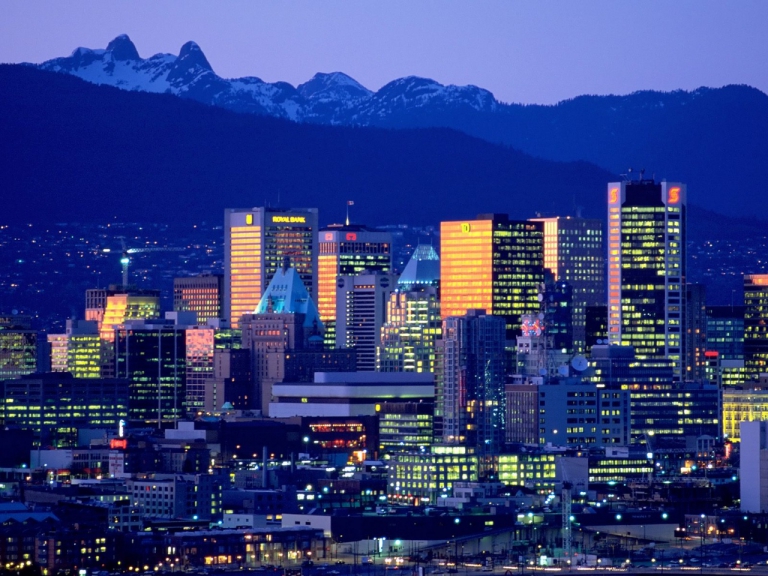The past few years have seen a flurry of commentary about intergenerational fairness. There are substantial underlying issues that have led to this, perhaps best identified by Brian Lee Crowley in his book Fearful Symmetry.
Measured by almost any parameter, World War II is the most significant single event in human history. One of its most enduring legacies, the baby boom, is still with us. The existence of such a large generational block has set up a variety of cleavages in culture, public policy, and the economy.
Rich fodder for political commentary. This Issue of C2C Journal digs a layer deeper to ask what might be called the meta questions; how real is the generational divide, who if anyone is winning and losing and what, at a high level, should be the role of governments where generational groups interact?
Meredith Lilly kicks off by observing that there is something seductive about the neat organization of history and social trends into homogenous generational groups. We should demur, however. She argues that generations become less and less homogenous as they leave education, and that all cohorts have followed roughly the same pattern.
In case Lilly is wrong, Scott Hennig makes keen observations about how the fiscal implications of the Boomers’ retirement might affect the strategies of Canada’s historically pragmatic political parties.
Garrett M. Petersen presents a cogent argument that reports conflicts are inherently political because politics is inherently confrontational. The market, Petersen argues, is a far more just way of ensuring justice for the unborn.
Continuing Petersen’s market-salvation theme, Paul Pryce uncovers some stereotype-busting numbers. It turns out the baby boomers are Canada’s leading entrepreneurs, and that Millennials would be better to follow their example, perhaps in cooperation with them, than stoking the effigy of idle and parasitic retirees.
Andrew Pickford echoes Lilly with his thought provoking comparison of Canada in 1972 with Canada in 2019. Generations are one thing, he argues, but nothing compared to the external and internal changes that have affected all Canadians over this period.
Dan Osborne gripes, with some justification, that urban planners and property-rich baby boomers have conspired to withhold the supply of housing from Millennials in what may be the largest ever intergenerational transfer of wealth.
Finally, generational interloper Angela MacLeod Irons is bemused by the funny but somewhat narcissistic boomer P.J. O’Rourke in his recently published The Baby Boom.
If you’re like me, by the end of this Issue you’ll have a much richer view of the somewhat hyped rhetoric surrounding intergenerational politics. In the words of one author, generational differences are real, but they are not everything.
Finally, this is my final Issue of C2C. I am returning to New Zealand to contest a seat in parliament. Thank you for your readership, kind comments, and support. Thank you especially to all of C2C’s talented contributors. The new editor will be announced soon, and is an impressive and talented individual. Until then, adieu.
David Seymour is editor of C2C Journal







